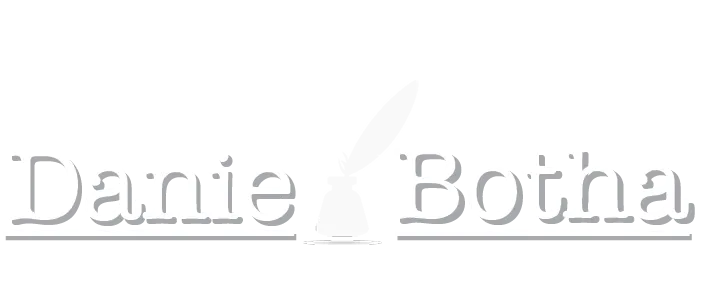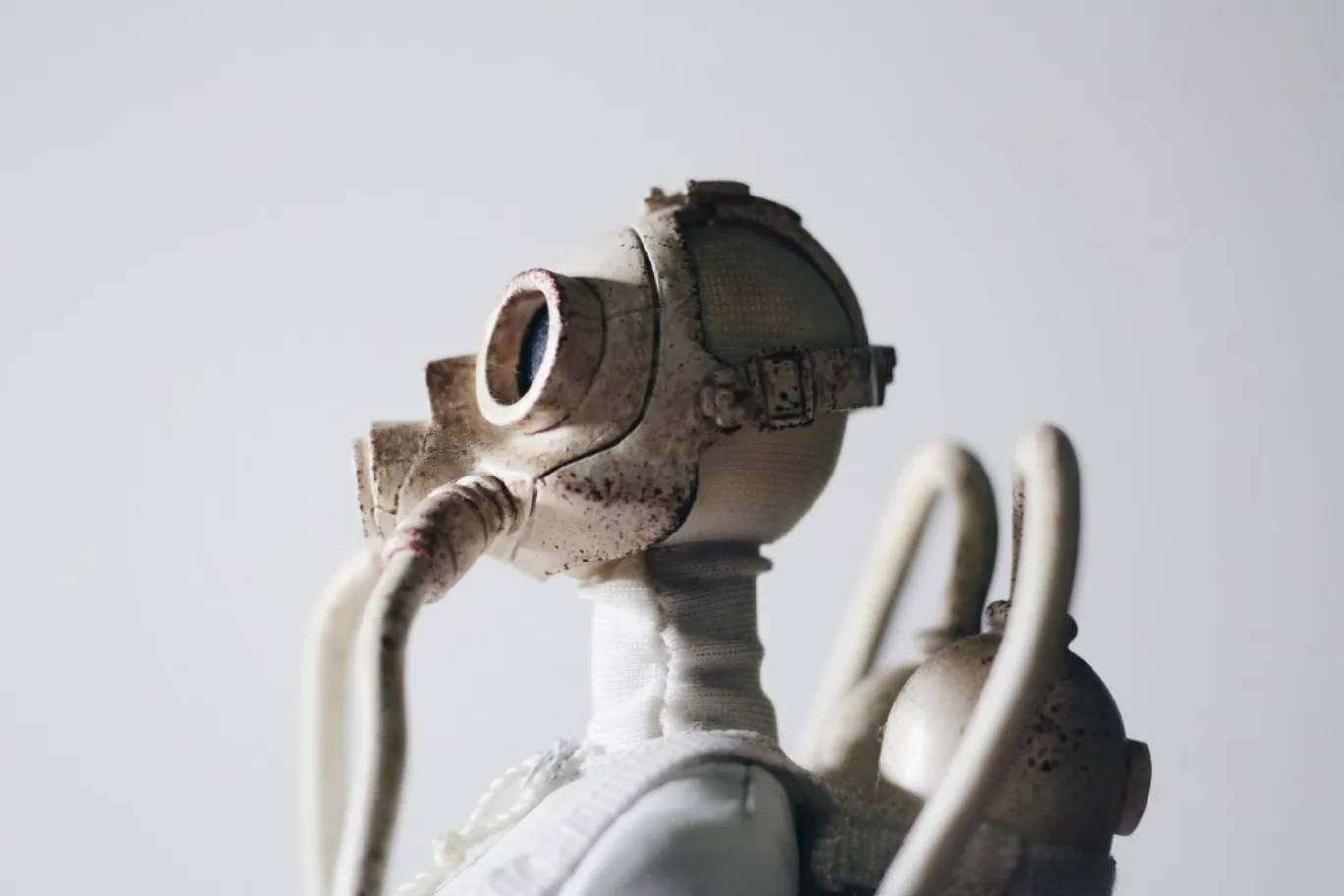The lies we tell and lies told to us—why it matters and what to do about it
It was only a white lie.
And with that admission, we believe we can walk out a free man. Even if it was a blatant falsehood—an open deception. We just shrug our shoulders and go on with our lives. How often don’t we justify our actions, inactions or distortions of the truth, as necessary—we had no option, we claim. After all, the society we life in today, by en large sanctions it. It is deemed a necessary evil, and we, as a collective, oblige—opting for not knowing, or, we participate in it.
Lying and deception have been part of everyday life, since the very beginning—since the first man and woman walked the earth. Does that mean we are perhaps all liars? Some smaller than others, but still? No ways! Me, a liar? Never! And yet, this is perhaps our biggest deception—we are frequent lying to ourselves.
What is a lie?
A lie is making an untrue statement, with the intent to deceive. The Oxford Dictionary of English defines deception as “a statement that deviates from or perverts the truth.” A lie of itself has no power, until and unless someone chose to buy it—believe it. Therefore—lying is a cooperative action, according to Pamela Meyer, a trained lie detector. It takes two to tango. You agree to be lied to.
Although, it is often not that simple. Often the one being lied to is in a weaker, more vulnerable position when the consequences of not accepting the deception is harsher than refusing to go along with it. Think of a work situation where it’s not so simple to walk out if you’re wronged, bullied or abused. Think of a spousal abuse situation, where it is often the women who is placed under duress and because of her children, opt not to leave and rather endure the deception and abuse.
Why would we go to the trouble of lying, if not telling the truth, demands so much more from us than being truthful? Research has shown, that the more often someone deceives, the fewer cognitive resources are required, while it increases when people rarely lie. Why would this be? Since the liar needs to among other things—suppress the truth, monitor the behavior of the listener, and fabricate or modify their story, depending on the response from the listener—all this requires increased activity in the pre-frontal brain regions.
These brain activation patterns (of intentional deception) can now be detected by various brain- based tests: fMRI (functional magnetic resonance imaging, PET (positron emission tomography), EEG waves (brain fingerprinting.) And, then there’s still the old workhorse, the polygraph (the famous lie detector-machine) which is still in use. Recent studies have been able to show a 24% improvement in accuracy of fMRI compared to the polygraph.
At least we’re no longer in the Middle ages or earlier centuries when bizarre and questionable methods were applied to spot a liar or deceiver. In China, circa 1000 BC, the person suspected of lying was required to fill his/her mouth with a handful of dry rice. After a while, the rice had to be spit out. The suspect was found guilty if the rice remained dry—based on the assumption of the physiology of fear and apprehension causing a dry mouth.
In Europe, in the following centuries, a trial by ordeal, or the Judgment of God was applied for several hundreds of years to distinguish between speaking the truth and lying. The accused had to go through a specific act, and depending on a favorable or unfavorable outcome would indicate guilt or innocence. The court’s argument was that God would not let a righteous man suffer. One such method was for the accused to retrieve a stone from a cauldron of boiling water. If the accused had no sign of burns on his arm and hand, he was found innocent. Fortunately, common sense prevailed eventually and the practice was abandoned in the 16th century.
Why all this rhetoric about truth and deception? A white lie does no harm—it may actually be beneficial to the recipient. The father who listens to his 6-year old playing the piano, murdering the piece, and tells her with a beaming smile, “it’s beautiful, sweetheart!” How can he respond any different?
True, not all lies do harm.
But deception has consequences. It can force a world economy on its knees—as we saw in 2008 with the financial meltdown. And what happened to the culprits? Many of them were rewarded with bonuses of $ 1 million each. Ours is a society that tolerate strange things. Deception can force politicians to step down. Deception can cause new buildings to collapse, due to fraudulent savings by contractors and colluding officials. In 2010 in the US alone, the estimated cost of fraud was close to $ 997 billion.
According to Pamela Meyers, we lie and accept lying as the norm due to our inherent need. We all want something. We all secretly long for something. Some of us want:
- More money (bigger paycheck)
- Bigger house/or a first house
- Bigger car/faster car/more cars
- Power/position/prestige/influence/security
- Fame/popularity/celebrity status
- Stronger/more virile
- Beauty/be sexier
Lying and deception is a way to fill this gap—this gulf between where we are and where we want to be.
You are being lied to between 10 – 200 time a day. Cherish the thought in your mind.
Most of us are “against” lying. We profess it is unethical, morally indefensible and just plain wrong. And yet, we lie more easily to strangers, if we’re extroverts we lie more often, men lie more often to protect themselves and women to protect someone else.
Lying and deception are often complex—it is woven into the fabric of our everyday and business lives. We have sadly become ambivalent about deception, about truth. We have been lulled into indifference.
- How is it possible that only 0.5 % of sexual assault cases reach the courts? If we don’t agree with this, why are we silent?
- Why is there (still) the resistance and unwillingness to do background checks on individuals before purchasing firearms in the US? (More specific semi-automatic and assault type rifles.) Why is it so easy to obtain them? The majority remain silent.
We are officially against deception, but covertly, we are for it according to Pamela Meyers. Society sanctions it. By the time we reach adulthood, and enter the workforce—we are surrounded by deception and the distortion of truth. Often with the sole purpose of profit. Read any newspaper. Listen to any news broadcast. Even the daily news is biased and presented through a filter.
Everything goes, except the truth,
Everything goes, except honesty.
Everything goes, except integrity.
We live in a “post-truth” era.
According to Ralph Keyes, we will at worst admit to “misspeaking,” or “exercising poor judgment,” but heavens forbid, not to lying, to deceiving. It has become politically incorrect to say someone lies—the phrase is “they’re in denial.” We come up with euphemisms. Someone is “ethically challenged.”
Have we developed a disdain for truth? Has our collective non-judgment snowballed into the encouragement of deception? Probably because there is so much to gain from it, so much incentive and so little penalty.
We can learn to become better “liespotters”—to better detect when someone in distorting the truth. Speech and body language usually give people away. We can learn look for signs and cluster behaviors of people to help us determine whether they are honest. We need to listen better, and keep our eyes and minds open.
We live in a constantly “connected” world. We have become inseparable from our handheld devices. We “share” everything. But we confuse senseless “sharing” with caring and compassion. We check our emails every five minutes. We text without rest. We’ll even sit at the same table and rather text or send an SMS. Everybody has to know my very thoughts.
Every. Single. Moment.
And in spite of all this superficial “openness,” we often find ourselves lonely, emotionally isolated and experience hopelessness.
Is there any hope or way out of this morass?
How can we regain integrity, honesty, and character?
We can start with awareness and some introspection. By combining the science of lie detection with the art of looking and listening to how people act and what they really say, we can opt not to collaborate in a lie.
This is the choice we have to make. Will our world be one where truth is strengthened, even when it is uncomfortable? Are we willing to recognize and marginalize falsehood?
In the process, we may discover our souls. We may help heal our broken world, our broken society and our broken selves.
Or will we declare obvious injustices to be mere white lies, agree to be lied to, shrug our shoulders and go on with our lives?
The choice is ours: will we allow the truth to set us free?
Thank you for reading! If it resonated with you, please share.
You can listen to Pamela Meyer’s TED talk here. You can find her book, Liespotting here. You can also find Ralph Keyes’s book, The Post-Truth Era, here.
References:
- Historical techniques of lie detection. Martina Vicianova. Eur J Psychol 2015 Aug; 11(3): 522-534
- When deception becomes easy. Bram Van Bockstaele et al. Front Psychol. 2015;6: 1666
- Comparing polygraphy and functional magnetic imaging in lie detection. Langleben DD et al. J Clin Psychiatr. 2016 Jan.
- Ralph Keyes. The Post-Truth Era.
© 2016 DanieBotha.com. All rights reserved.
IMG – Siyan Ren – unsplash.com


